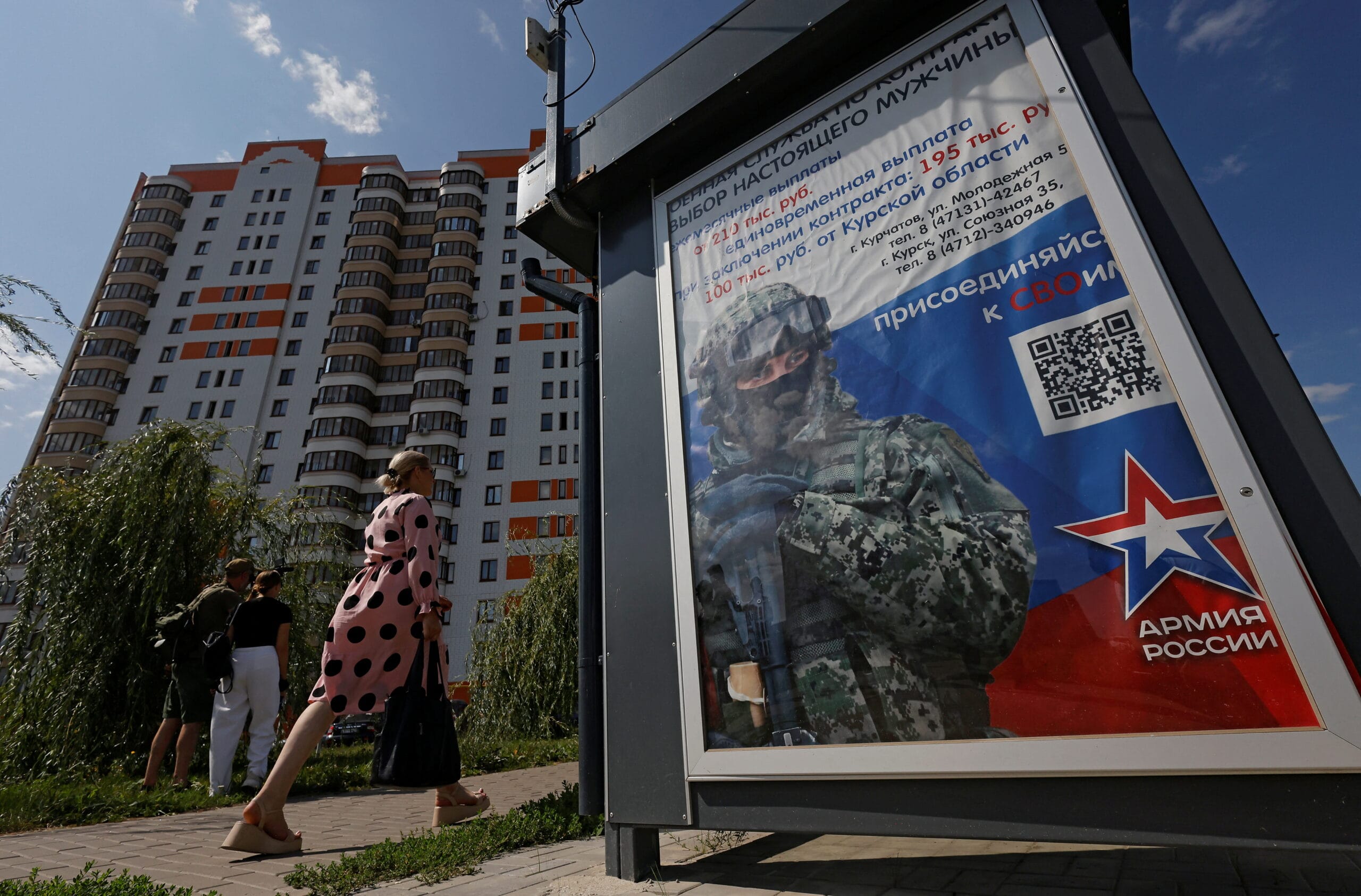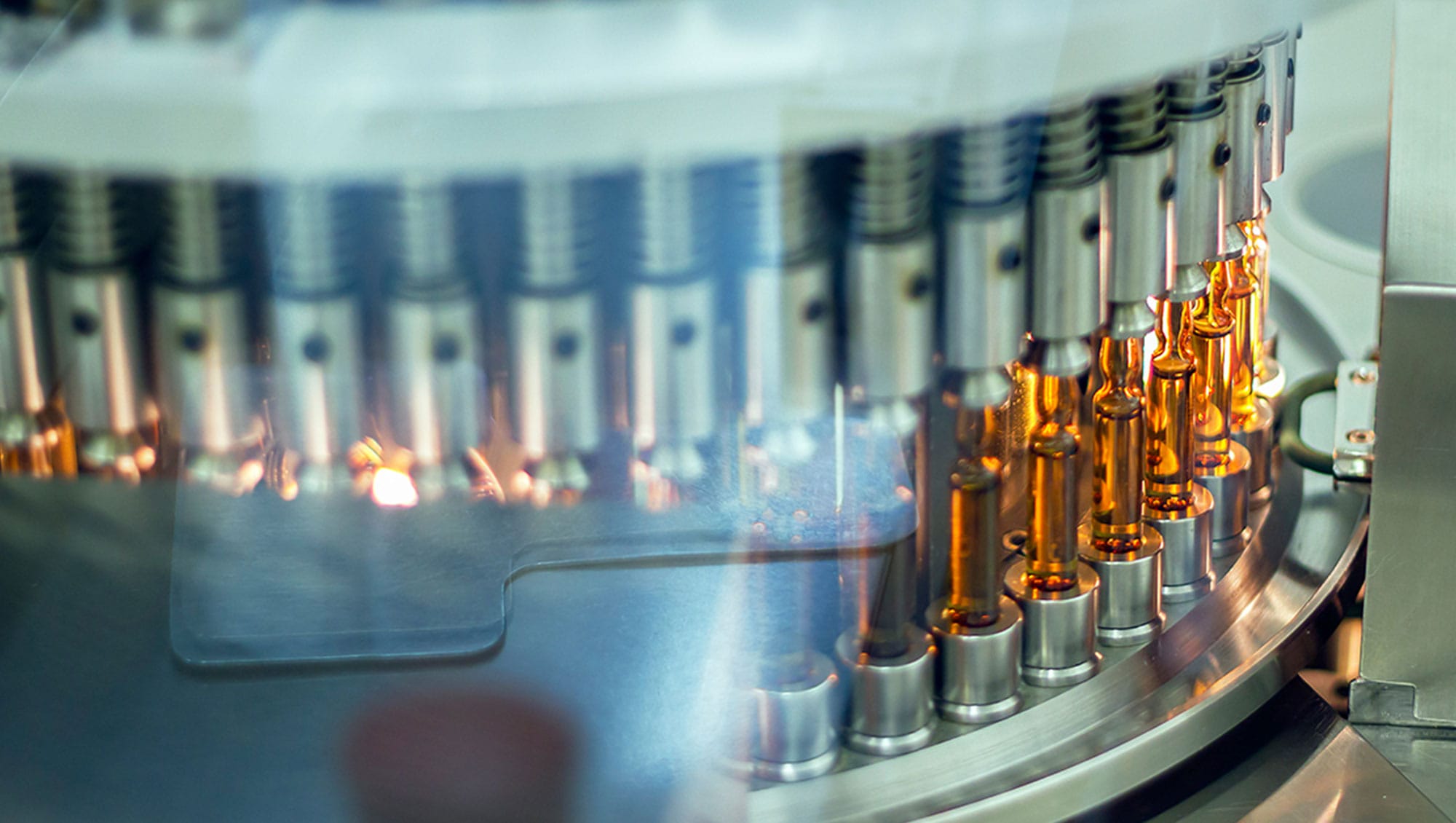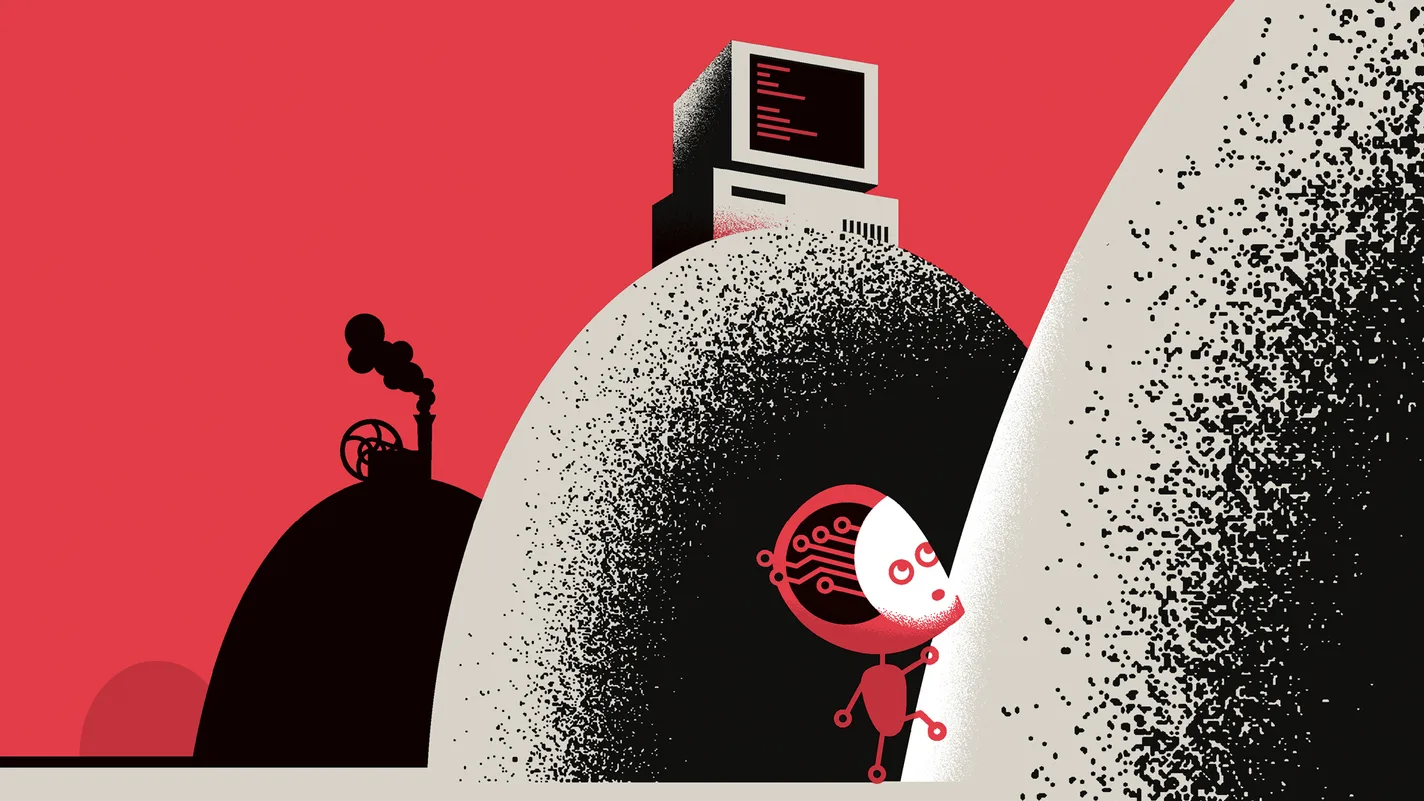A new wave of artificial intelligence (AI) products, often called “grief bots” or “ghostbots,” is coming into the memory-driven marketplaces that provide emotional assistance. This […]
Tag: AI
Is Russia’s Economy Slowing or Stalling?
Data released on Wednesday will help answer an important question: is Russia’s economy slowing or stalling? In the three years since the country invaded Ukraine, its economy has held up better than most observers had expected. Unemployment fell to just 2%. GDP growth has been decent due to oil exports, which were strong despite Western sanctions. Russian consumers benefited from the knock-on effects of an enormous boost to spending on defence, welfare and infrastructure. But that could now be changing. In late 2024 the West tightened its financial infrastructure and oil trade.
The AI Revolution Comes to Drugs
Developing a drug is a complex process that often fails. It begins by identifying a target, such as a protein or gene, associated with a disease. Researchers then search for a molecule that can either block or enhance the target’s activity safely. This can involve screening as many as 1 million compounds before selecting just one or two promising candidates. Software can help to identify such molecules. But generative artificial intelligence (AI) can dream up entirely new ones to test. BCG, a consultancy, estimates that about 65 AI-inspired molecules are currently being tested on humans.
Artificial Intelligence: Thriving or Teetering?
The artificial intelligence (AI) industry was caught between euphoria and caution. Alphabet (Google), Amazon, Meta and Microsoft raced to invest, spending nearly $200 billion on AI infrastructure. Nvidia, the leader in AI-chip production, reaped gigantic rewards. Sales of such chips are expected to have doubled in 2024, driving its valuation to nearly $3.4 trillion. Demand for AI servers surged: firms such as Dell and HPE reportedly doubled their sales. But cracks began to show. The soaring energy costs of training and running generative AI models raise questions about long-term economic viability.
US Bans Chinese-Owned TikTok Over Election Influence Concerns
In this issue of our flagship newsletter ‘China Watch,’ our team member analyses the US ban on Chinese media giant TikTok over alleged spying concerns that can influence its 2024 Presidential Election. Also a roundup of this week’s news and analysis on China and Taiwan is presented.




